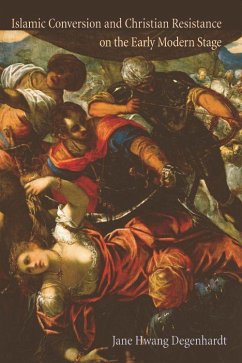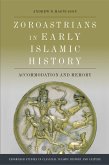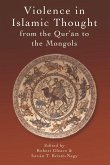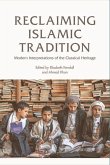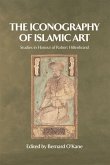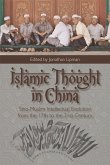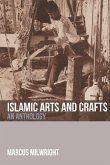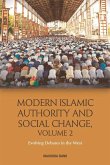Islamic Conversion and Christian Resistance on the Early Modern Stage Jane Hwang Degenhardt 'incisively arguing that conversion to Islamic brought a crisis to English ambivalence about the Protestant emphasis on disembodiment and immateriality in religious life, this book brilliantly explores how "turning Turk" was simultaneously understood in religious, sexual and proto-racial terms in the early modern period. Elegantly written and vividly illustrated, Degenhardt's book links early modern and medieval conversion narratives with canonical and less canonical plays to provide a strikingly original account of why Islamic conversion was so important to early modern thought and why the stage was such a rich site for its exploration.' - Jean E. Howard, George Delacorte Professor in the Humanities, Columbia University 'This is a strong, exciting, and original book. Degenhardt draws deeply on contemporary sermons, ecclesiastical debates, news pamphlets, and travel literature alongside a wide range of plays in order to give complex and lively picture of the cultures of controversy in Renaissance England.' - Julia Reinhard Lupton, Professor of English, The University of California, Irvine This book explored the specter of Christian conversion to Islam in twelve early modern English plays. In works by Shakespeare, Marlowe, Massinger, and others, conversion from Christianity to Islam is represented as both tragic and erotic - a fate worse than death as well as a sexual seduction. Degenhardt examines the stage's treatment of this intercourse of faiths to reveal connections between sexuality, race, and confessional identity in early modern English drama and culture. In addition, she shows how England's encounter with Islam reanimated post-Reformation debates about the embodiment of Christian faith. As Degenhardt compellingly demonstrates, the erotics of conversion added fuel to the fires of controversies over Pauline universalism, Christian martyrdom, the efficacy of relics and rituals, and the practices of the Knights of Malta. Jane Hwang Degehardt is Associate Professor of English at the University of Massachusetts, Amherst.
Bitte wählen Sie Ihr Anliegen aus.
Rechnungen
Retourenschein anfordern
Bestellstatus
Storno

